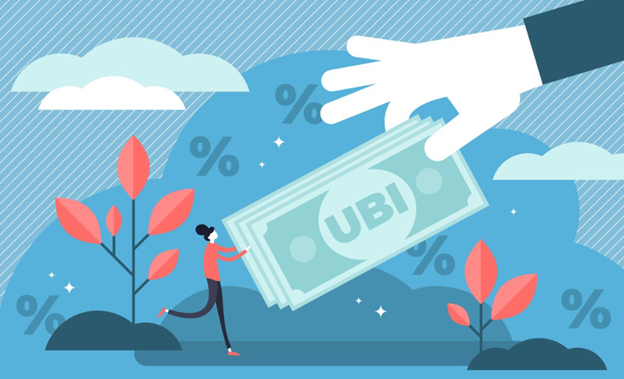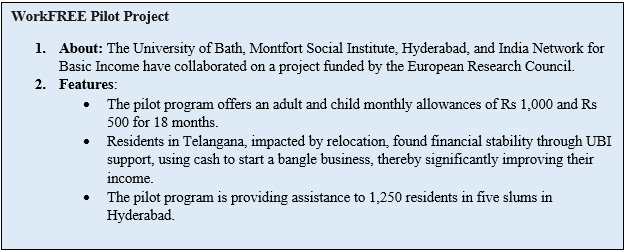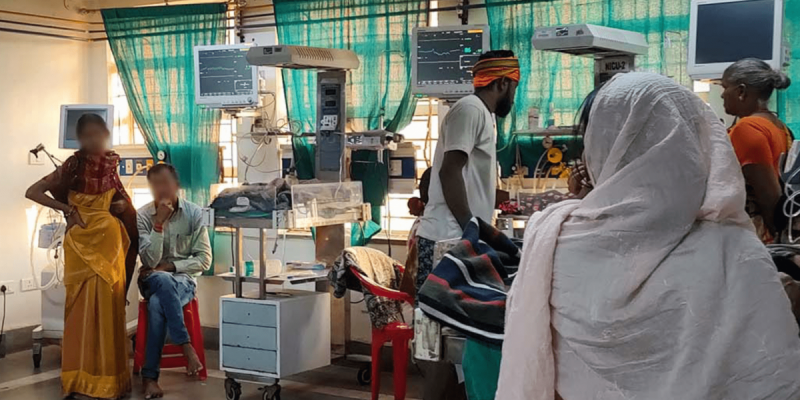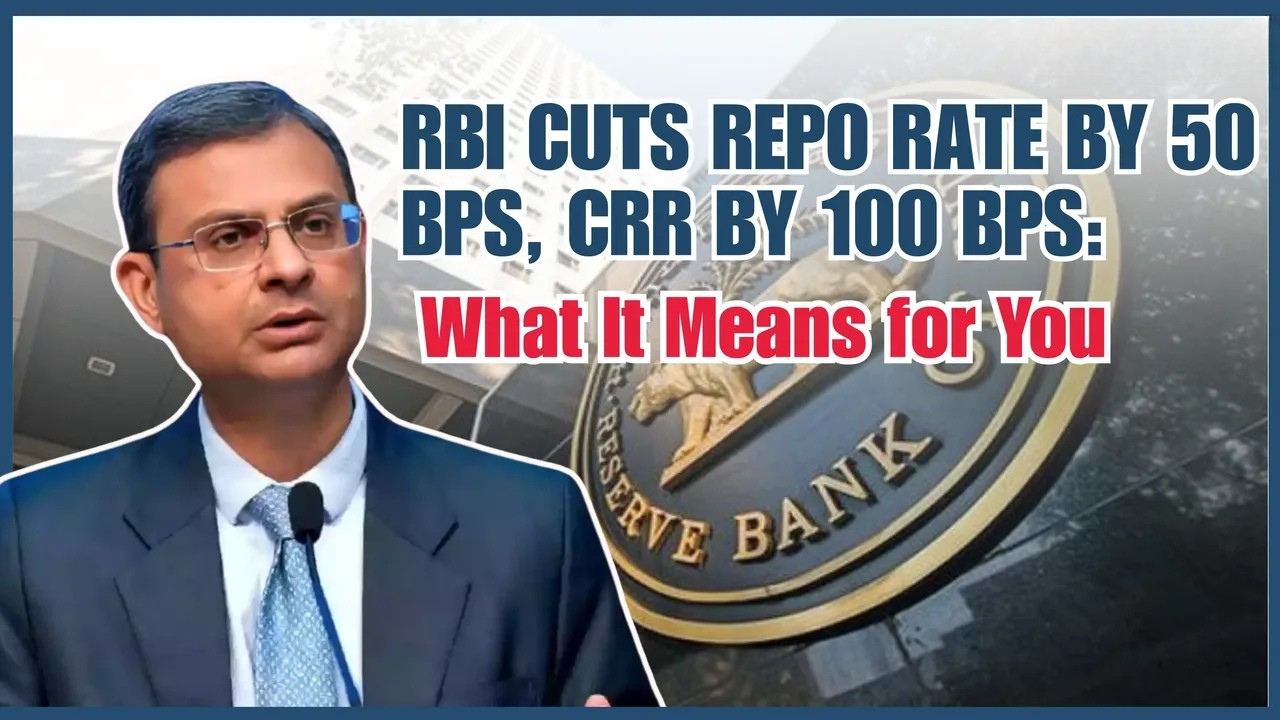- Courses
- GS Full Course 1 Year
- GS Full Course 2 Year
- GS Full Course 3 Year
- GS Full Course Till Selection
- MEP (Mains Enrichment Programme) Data, Facts
- Essay Target – 150+ Marks
- Online Program
- GS Recorded Course
- NCERT- First Ladder
- Polity
- Geography
- Economy
- Ancient, Medieval and Art & Culture AMAC
- Modern India, Post Independence & World History
- Environment
- Governance
- Science & Technology
- International Relations and Internal Security
- Disaster Management
- Ethics
- Current Affairs
- Indian Society and Social Issue
- CSAT
- 5 LAYERED ARJUNA Mentorship
- Public Administration Optional
- ABOUT US
- OUR TOPPERS
- TEST SERIES
- FREE STUDY MATERIAL
- VIDEOS
- CONTACT US
Universal Basic Income
Universal Basic Income
04-11-2023

Why in News?
Recently, WorkFREE pilot project, initiated in Telangana in 2022, highlights the positive impact of Universal Basic Income (UBI) on individuals and families.

What is Universal Basic Income (UBI)?
- About:
- UBI is a social welfare proposal that ensures all beneficiaries receive a guaranteed income through unconditional transfer payments.
- A basic income system aims to alleviate poverty and replace need-based social programs that may require more bureaucratic involvement.
- UBI aims to provide universal access to healthcare to a large portion of the population with minimal conditions.
- Arguments in Favor
- Poverty Reduction: UBI can help in reducing poverty by providing a guaranteed income to all individuals, ensuring they have access to basic necessities such as food, shelter, and healthcare.
- Reduced Bureaucracy: By simplifying the welfare system and eliminating the need for complex means-testing and eligibility criteria, UBI can reduce administrative costs and bureaucratic inefficiencies.
- Economic Stimulus: UBI can inject money into the economy and stimulate local businesses and consumer spending, which may lead to increased economic activity and job creation.
- Enhanced Social Security: UBI can provide a safety net for individuals facing economic uncertainty, job loss, or unexpected life events. It can offer a sense of security and stability, allowing people to make choices based on their preferences rather than purely on financial necessity
- Health Stimulus: The reduction of stress, anxiety, and depression linked to poverty and financial insecurity can significantly enhance both physical and mental health. This can also provide individuals with improved access to healthcare, sanitation, and nutrition.
- Arguments against the UBI are:
- Huge Cost: Implementing UBI on a large scale can be expensive, requiring significant financial resources. Funding UBI will need substantial taxation or a redistribution of existing resources, which could have economic implications.
- Disincentive to Work: Many critics argue that UBI may discourage individuals from seeking employment or pursuing higher-paying jobs if the provided income is sufficient to meet their basic needs. This potential disincentive to work could have negative effects on labour supply and productivity.
- Inflationary Pressures: The injection of additional money into the economy through UBI can potentially lead to inflation if not carefully managed. If prices rise due to increased demand without an equal increase in production, the purchasing power of UBI can diminish over time.
- Equity Concerns: Critics argue that providing the same amount of money to everyone, regardless of their individual circumstances, fails to account for differing needs and ignores existing inequalities. Some argue that resources could be better directed towards targeted support for those who need it most.
- Cost and Fiscal Sustainability: UBI is costly, requiring higher taxes, spending cuts, or debt to fund, potentially leading to inflation, labor market distortion, and economic growth reduction.
Alternatives of Universal Basic Income
- Quasi UBRI: QUBRI is a type of UBI that offers universal, unconditional, and cash transfers. Former Chief Economic Adviser proposed a direct cash transfer of Rs 18,000 per year to rural households in India, except those "demonstrably well-off," to address agrarian distress.
- Direct Benefits Transfers (DBT): This scheme directly transfers subsidies or cash to beneficiaries' bank accounts, eliminating intermediaries and in-kind transfers. The Department of Benefits and Transfer (DBT) aims to enhance welfare delivery efficiency, transparency, and accountability, while also minimizing corruption and leakages.
- Conditional Cash Transfers (CCT): The scheme offers cash to impoverished households as long as they meet specific obligations, such as sending their children to school, immunizing them, or attending health check-ups. CCT aims to enhance the human capital and long-term outcomes of the poor by incentivizing behavioral change.
- Universal Basic Services: India should prioritize essential services like education, healthcare, clean water, and sanitation over providing a universal basic income. The government can enhance the overall living standard and decrease inequality by providing equal access to these services to all citizens.
Way Forward
- The provision of UBI should be balanced to avoid discouraging work and support recipients, with robust support systems like universal healthcare and education suggested as complementary measures.
- UBI principles align with cash transfer schemes, but they often target specific demographics, potentially excluding potential beneficiaries.
- The introduction of UBI is proposed as a more efficient solution to mitigate misallocation of funds and decrease leakages in existing welfare schemes.
Conclusion
The concept of Universal Basic Income has sparked global debate and experimentation, yet there is no consensus on its effectiveness or feasibility. The implementation of this initiative will require a thorough evaluation of its economic, social, and political implications.



